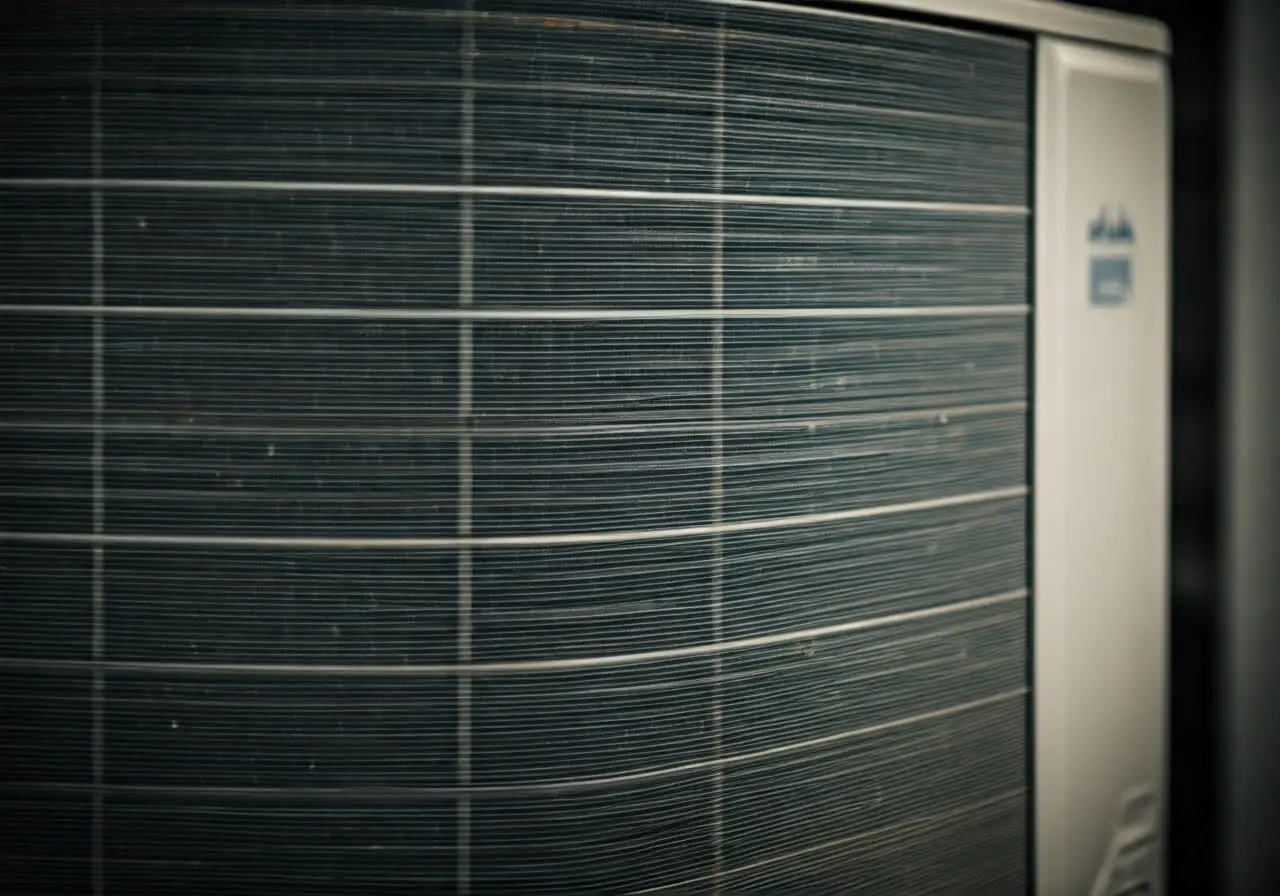12 Tips to Extend the Lifespan of Your Air Conditioning Unit
Air conditioning units are an essential part of modern living, keeping our homes and workplaces cool and comfortable. However, just like any other appliance, your AC unit needs regular maintenance to ensure it continues running smoothly for years to come. Here’s how you can extend its lifespan with some simple tips.
1. Regular Maintenance is Key
Schedule regular check-ups with a professional air conditioning service to ensure your unit is in top condition. This will help catch minor issues before they become major problems. By being proactive, you’re essentially buying more time for your AC, allowing it to serve you longer without unexpected breakdowns.
Regular maintenance involves inspecting important components such as filters, coils, and fins. Neglecting these areas can result in deteriorated performance and increased energy consumption. Start by checking and cleaning filters every month, as clogged filters can block normal airflow, limiting your AC’s efficiency.
2. Change Your Air Filters Frequently
Replacing air filters regularly ensures your unit runs efficiently. Clogged filters make your AC work harder, leading to increased wear and tear. The U.S. Department of Energy highlights that replacing a dirty, clogged filter can lower your air conditioner’s energy consumption by 5% to 15%.
For homes with pets or residents suffering from allergies, frequent filter changes are even more crucial. With clean filters, you can improve air quality and reduce allergens, making your living space healthier and your air conditioning unit more efficient.
3. Keep the Outdoor Unit Clean
Ensure the area around your outdoor unit is free from debris and vegetation. This allows for proper airflow and prevents overheating. Ideally, maintain a clearance of at least two feet around the unit for unobstructed airflow.
Periodically clean the condenser coils to rid them of dirt and grime accumulation. When neglected, dirt can insulate the coils and reduce their ability to absorb heat. Regular washing can keep this component running optimally, enhancing your system’s overall performance.
4. Check for Refrigerant Leaks
Leaking refrigerant not only reduces efficiency but can also harm the environment. Have a professional repair any leaks promptly. Refrigerant is the lifeblood of your air conditioning system, and ensuring it’s at optimal levels is critical for a lasting performance.
If you notice decreased cooling efficiency or hear a hissing noise, these could be signs of a leak. The EPA recommends immediately seeking knowledgeable AC repair services for evaluating and fixing potential refrigerant issues to prevent any further damage.
5. Adjust Your Thermostat Wisely
Setting your thermostat a few degrees higher when you’re not home can reduce strain on your unit, ultimately extending its lifespan. Programmable thermostats are smart investments as they automate this process, increasing both convenience and efficiency.
Avoid extreme temperature changes; instead, aim for gradual adjustments. By preventing excessive fluctuations, you help your air conditioning system maintain stable operations, reducing unnecessary stress and prolonging its durability.
6. Insulate Your Home
Proper insulation helps maintain the desired temperature, ensuring your AC doesn’t have to overwork to keep you comfortable. Sealing leaks in doors and windows can also prevent cool air from escaping.
Incorporate additional shading measures such as blinds or curtains to minimize indoor heat gain, especially during the hottest times of the day. This small change can significantly impact your AC’s workload and efficiency.
7. Use Ceiling Fans for Support
Ceiling fans can help distribute cool air more efficiently, reducing the workload on your AC system. While fans don’t lower room temperatures, they create a wind-chill effect, improving comfort at a higher thermostat setting.
Utilizing fans in combination with your air conditioning promotes air circulation throughout your home, allowing you to raise the thermostat setting by approximately 4°F without compromising on comfort.
8. Seal Windows and Doors
Properly sealed windows and doors prevent cool air from escaping and warm air from entering, making your unit more efficient. Weather stripping and caulking are simple yet effective measures to reinforce these seals.
This practice not only ensures optimal operation of your AC unit but also enhances home energy efficiency, contributing to reduced utility costs. You can consult professional services for detailed home energy audits and additional strategies to improve insulation.
9. Schedule Off-Season Professional Inspections
Having a professional check your unit during the off-season can help prepare it for peak usage times. Early detection and rectification of potential issues can prevent sudden failures during hot weather.
A comprehensive inspection ensures that components like capacitors, fuses, and the condenser fan motor are in good condition. Consider reputable experts for a thorough check-up to stay ahead of any possible issues.
10. Be Aware of Strange Noises
If you hear unusual noises, don’t ignore them. Strange sounds often indicate underlying problems that may need addressing by a professional. Recognizing these early can save on repair costs and prevent further complications.
Identifying the source of noises can be insightful. Buzzing may signify electrical issues, while rattling could point to loose parts. Seeking timely professional advice ensures any necessary interventions before extensive damage occurs.


